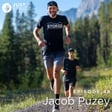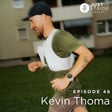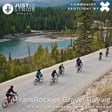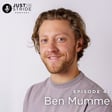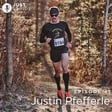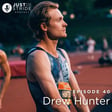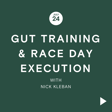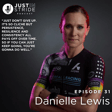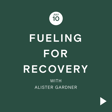
Joe Corcione on building an Ultra Life, tackling huge goals and mileage, dealing with the unexpected, making positive life changes, from addict to ultra, trail community, coaching others, building his own trail running podcast
In this episode we have a guest who truly represents the grit, determination, and passion it takes to overcome obstacles and achieve extraordinary things, none other than Joe Corcione.
Joe is a run coach, ultramarathon runner, and host of The Everyday Ultra Podcast—a platform that empowers athletes to elevate their running and personal growth.
His journey is nothing short of remarkable. From battling addiction to becoming an ultra-endurance athlete, he’s shown that no matter where you begin, you have the power to create your own path to success.
Get ready for an episode packed with inspiration and practical tips to help you level up—both on the trails and in life. Let’s dive in!
Joe Corcione's Inspiring Path to Ultra Marathon Glory (youtube.com)
(26) Joe Corcione | LinkedIn
Joe Corcione trades alcohol and drugs for ultra running, podcasting (runspirited.com)
Joe Corcione | Ultrarunning Coach (@joecorcione) • Instagram photos and videos
Everyday Ultra | Podcast on Spotify
-------
Offer from Xact Nutrition: This episode is presented by our friends at Xact Nutrition and they are offering you 15% OFF your order when you use the code JUSTINSTRIDE. So head to xactnutrition.com and fuel your goals today! Now shipping in Canada and the U.S.
Thanks for tuning in to the Just In Stride Podcast. I truly appreciate you taking the time to listen and I hope you enjoyed that conversation as much as I did. Please take a minute after this to rate and review our show on Apple Podcasts. With your feedback we’ll be able to make the show even better and it’ll help us reach new listeners too. You can also find us on Instagram @justinstridepod and YouTube @justinstridepod for all the latest episodes and updates. Glad you came along for the ride with Just In Stride!
